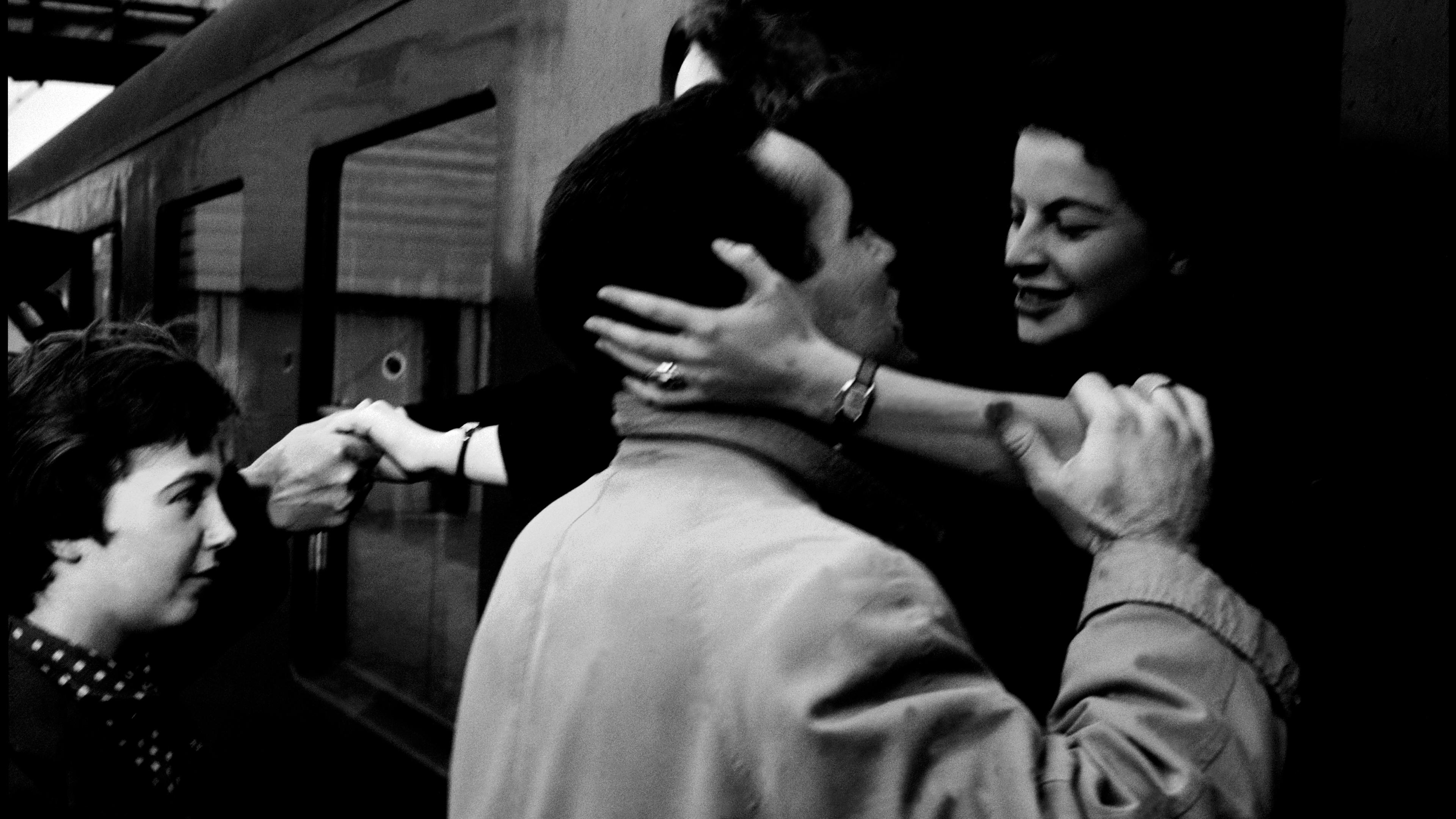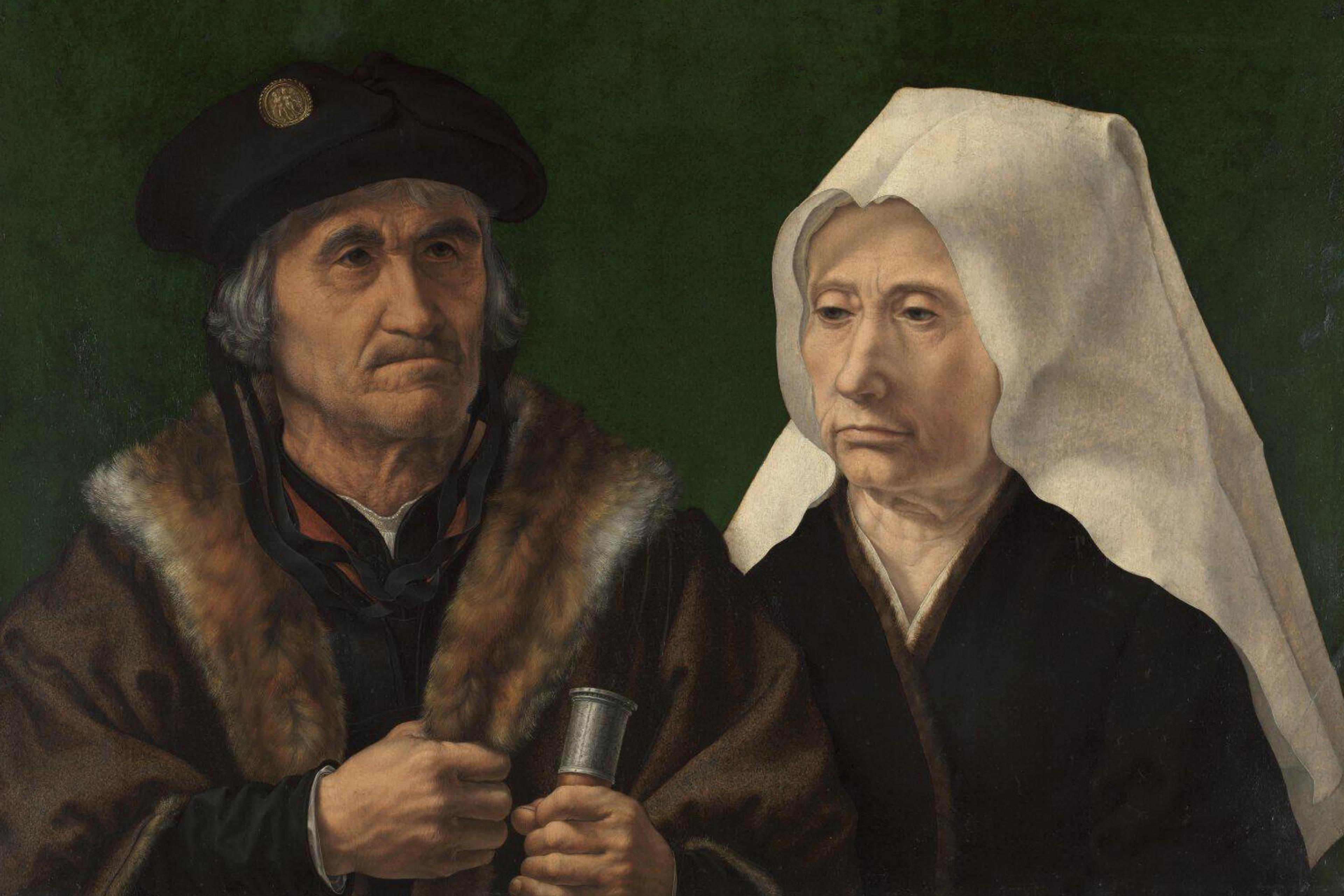Each person lives a personal history of love. Typically, this involves things like middle-school crushes, high-school couples, college hook-ups, beautiful moments, bad breakups, unforgettable dates, dates you’d rather forget, reliable partners, unreliable jerks, leaps of trust, insipid marriages, pains of betrayal, love into old age, and so on. Of course, no single history looks the same. But a reasonable hope is that, as we gain experience as lovers, we figure out what works for us and what doesn’t. Ideally, a person reflects on the reasons they have for loving certain persons and not others, and this reflection allows for the discovery of a deeper, more valuable love. Ideally, love gains wisdom.
Having good reasons to pursue love may seem strange. It suggests love is a matter of voluntary choice. But love isn’t a switch that can be turned on or off at will. It’s a passion, which means that it can overwhelm us, it can make us lose control. So to say there are reasons for loving someone might sound absurd. Love seems to come and go, regardless of our intentions or plans.
However, while love is emotionally powerful, it is best to think of it as a rational phenomenon. To see why, consider attraction. When love first hits, it is not in response to just anyone. Love is always for a particular person and their particular features. Sometimes these qualities are easy to describe; sometimes they seem inarticulable. In general, though, we can talk about qualities that we find attractive in another person. We gravitate toward their kindness, or intelligence, their unique sexiness, sense of humour, or simply their beauty.
What exactly is involved in this ‘attraction’ or ‘gravitation’? In his book On Love (1822), the French novelist and philosopher Stendhal describes beauty, or what I have called ‘attractiveness’, as ‘the promise of happiness’. According to Stendhal, to love someone is to experience the anticipation of indefinite happiness from that person. It is imagining a happy future with someone because their particular, attractive features allude to such a future. The question at hand, then, is whether imagining this future and pursuing it can be considered rational.
Stendhal’s description of the experience of love as a promise is intriguing precisely because it sets it apart from mere attraction. To see why, consider the nature of promising. Imagine someone promises you that they will return a book you lent them. By making this promise, they have an obligation to return it. However, you’re not entirely passive in this interaction. When your friend utters the words ‘I promise I will return your book,’ part of what makes this utterance a promise is that you’ve decided to hold them to the expectation that they will return it. You could just as easily allow them to keep it if you so desire. Notice the subtlety of when the promise becomes binding: it doesn’t exist before you accept it. As an obligation, it takes shape only once you accept it. This means you have the power to sustain or revoke the promise. We’re therefore not only active in making promises; we’re also active in receiving them.
In an analogous fashion, love involves entrusting one’s future happiness to someone. Mere attraction, in contrast, does not involve this expectation – attraction can be as insignificant as enjoying someone’s sense of humour, their appearance, their kindness, and so forth. But love includes the further move of taking those qualities as a basis for consigning one’s future happiness to someone, of experiencing such attractiveness as a promise of a happy future. Since promises are in part made by an act of trust, and love is a promise of happiness, love itself is created by trusting another person with one’s own happiness.
By investing our future happiness in someone, it feels as if we are holding them to a promise
Of course, when Stendhal describes love as such, he does not mean that someone you love must literally utter a promise that they will make you happy forever. In fact, despite the evidence of countless wedding vows, we should be sceptical that love can be promised in this way. Friedrich Nietzsche makes this point when he claims: ‘He who promises to love forever or hate forever or be forever faithful to someone is promising something that is not in his power.’ Nietzsche’s idea is that while we can predictably hope that our love will last, we cannot promise it because we can promise only voluntary actions, and love is not that.
The most we can promise, Nietzsche continues, is that:
for as long as I love you I shall render unto you the actions of love; if I no longer love you, you will continue to receive the same actions from me, if from other motives. Thus the illusion remains in the minds of our fellow that the love is unchanged and still the same.
While we can promise actions and live up to duties, we cannot promise to carry these out lovingly.
With this in mind, let me clarify what’s been said so far: Stendhal’s idea must not mean that love is the act of making a promise to someone; rather, it’s an experience of being promised to, in the sense that the lover expects the beloved will be a source of happiness going forward. By investing our future happiness in someone, it feels as if we are holding them to a promise. This phenomenon is not the passiveness of attraction, it is an activity of giving someone our trust in a future with them.
All of this leads to one of the deepest complications of love: what happens when someone realises that the person they love is not what they need – that they no longer see them as offering the promise of a happy future? This can happen in many ways. Maybe the lover fell in love with their fantasised image of someone, but the reality of that person turned out to be quite different. Or maybe the lover or beloved changed in unanticipated ways. It could also be that someone experiences this promise of happiness in another, only for their love to be unrequited. It’s important to note that Stendhal doesn’t say that love is the fulfilment of a promise of happiness. It’s merely the experience of a promise, which can go unfulfilled.
If there is reason in love, it’s about improving our ability to find someone who can fulfil love’s promise. Unfortunately, we don’t always have the power to do this. For instance, when we fall in love for the first time, especially during young love, our expectations for someone as a source of endless happiness are hard to manage. This is because it’s the first experience of envisioning a future with someone. In young love, expectations grow at a rate much faster than wisdom recommends. So, while the expectations of love can spiral out of control, the point is that love is not merely and always an irrational, brute force. While we can make mistakes in our estimations of whether a person will make us happy, predicting our own happiness is never a matter of certainty. However, we can get better at it, where ‘getting better’ means becoming wiser regarding who is worth trusting with our future and more discerning in our attractions by realising that they are not all promises of happiness. In these ways, rational reflection can make for better love.
Accepting a promise can also be a benefit for the promiser
One might argue that this makes love seem altogether too self-serving. I’ll make two final points to address this concern. First, in love, the happiness we get from another person often involves burdens and self-sacrifices for the sake of their happiness. The happiness the lover perceives as promised becomes deeply tied to the happiness of the beloved. If you love someone, their happiness immediately affects your own. You take joy in their accomplishments and successes, and you commiserate in their woes.
Second, in entrusting someone to be a source of indefinite happiness, we also give something back to them. Consider promising once again. A natural thought is that in making a promise, it is the person being promised to who benefits. If your friend promises to pick you up from the airport, that’s a benefit to you. But accepting a promise can also be a benefit for the promiser. If a student promises me that they will turn in an assignment on time, by accepting this promise, I give them an opportunity to prove themselves and accomplish a bit of personal pride. Analogously, if you trust someone to be an indefinite source of happiness, you give them an opportunity to be that happy future for you. If they also love you back, then trusting them with this will certainly be a gift.
Like any gift, though, love can be a burden. You can give it to someone who doesn’t want it, or you can squander it on someone who wants it but doesn’t appreciate it. Loving someone requires spending much of ourselves, including our time and effort, both emotional and cognitive. These are precious resources, and when the beloved is worthy of such devotion, loving them can be immensely rewarding. It can result in the fulfilment of hoped-for happiness and the satisfaction of well-placed trust. When they are not worthy, however, loving them can feel like a devastating waste of ourselves. Some people are suitable for your love, while others may not be. This unsuitability is something that the patient, and at times painful, reflection of reason can bring out, and a practically wise love is one that seeks out and finds a worthy recipient of this gift.








